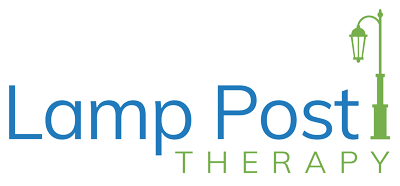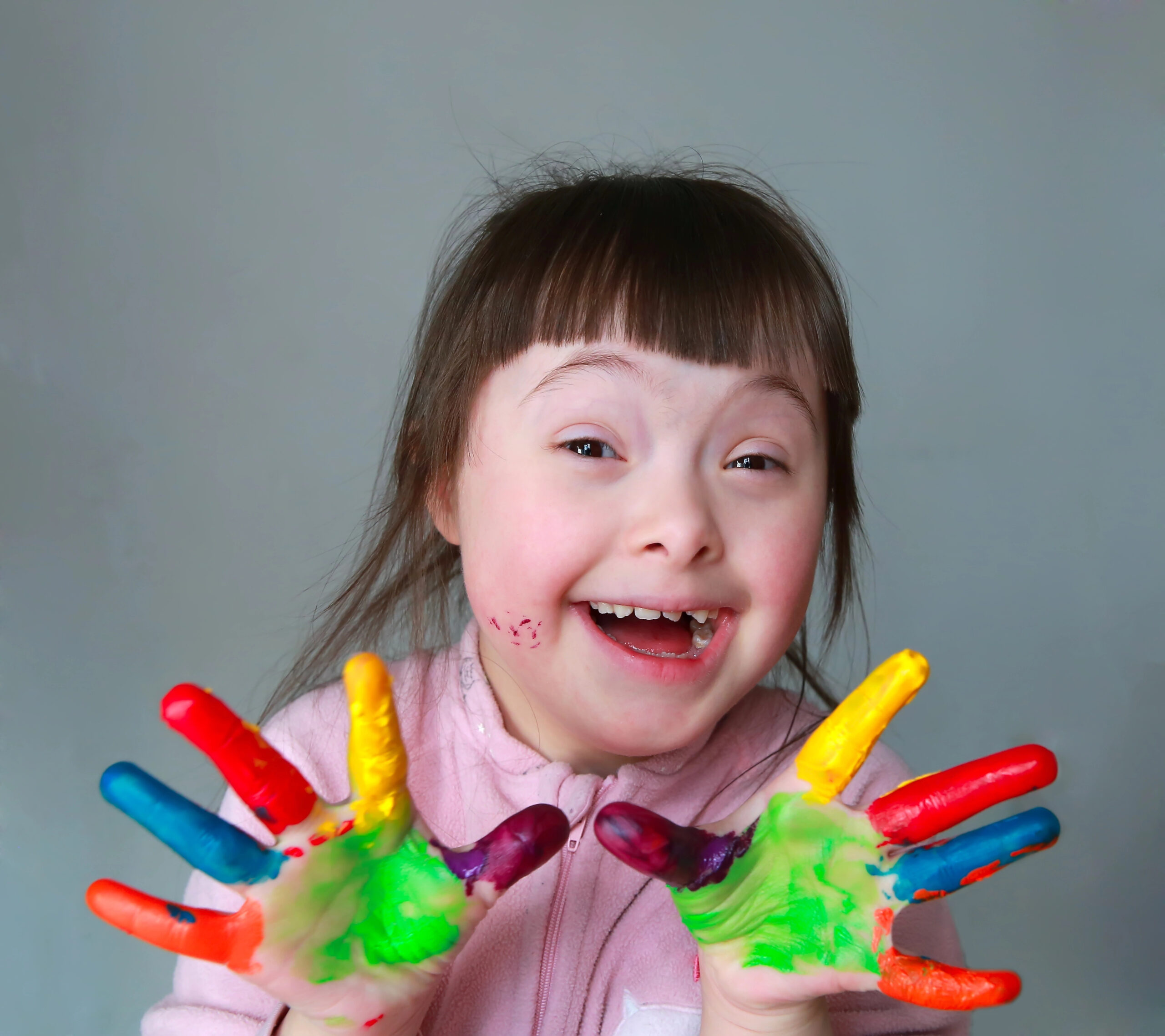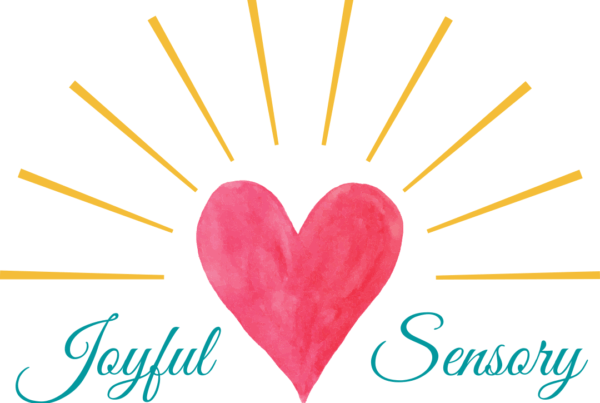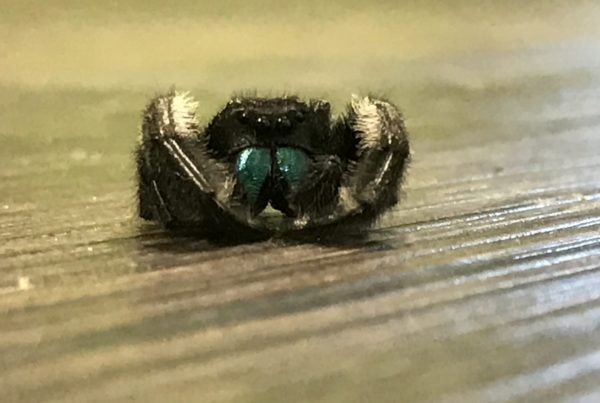Tomorrow, July 26, 2025, marks the 35th anniversary of the signing of the Americans with Disabilities Act (ADA) into law by President George H. W. Bush in 1990. This landmark legislation is more than a policy—it is a profound promise. A promise that every American, regardless of ability, deserves equal access, opportunity, and dignity.
Whether or not you consider yourself or someone close to you as having a disability, the ADA touches every single one of us. Disability is part of the human experience. It may arrive suddenly through illness or injury, or gradually with age. And while some may not identify as disabled now, it’s important to recognize that disability can—and often will—impact each of our lives in some way.
That’s why awareness matters. Not someday, but now.
Disability should never be a word that evokes fear or shame. When we center conversations around disability and invite disabled voices into those conversations, our communities become stronger, more compassionate, and more accessible. Everyone benefits when inclusion is prioritized. Because when we build spaces that work for disabled people, we are creating environments that work better for all.
Personally, I am deeply grateful to the tireless advocates whose work made the ADA possible. Thanks to their courage and persistence, places like the Lamp Post can exist—places where individuals can access essential therapy services that would otherwise be out of reach. Without the ADA, that access—already a challenge—would be even more limited. The ADA safeguards the civil rights of Americans when we are at our most vulnerable, and its protections are a safety net that we should never take for granted.
And yet, many still don’t fully understand the scope or significance of the ADA until disability touches their lives directly. That’s why education and awareness are so crucial.
What gives me hope is that we are seeing a cultural shift—not only toward accepting disability but celebrating it. Disabled advocates are leading the way in showing us what it means to live fully, joyfully, and authentically. They remind us that value isn’t determined by ability, and that every human being is worthy of belonging, contribution, and joy.
But the work isn’t finished. Advocacy remains essential because so many barriers—physical, social, attitudinal—still stand in the way of full participation for disabled people. These barriers are often invisible to the able-bodied, but they are very real. And the truth is, it’s not just disabled individuals who are impacted. When we fail to include, we all lose out—on wisdom, perspective, creativity, and connection.
We are at our best when we come together, with no one left behind.
So this July 26, let’s do more than commemorate a piece of legislation. Let’s celebrate the spirit behind it: equity, justice, and community. Take a moment to learn about the ADA’s powerful history and the bold activists who fought for it. Explore the ongoing efforts of today’s disability advocates. Share what you learn. Talk about it with your family, your coworkers, your community.
Because disability rights are human rights. They are *your* rights, *my* rights—*our* rights.
Let’s honor 35 years of progress by continuing to build a world where everyone belongs.
—
**Learn and Explore:**
🎥 **Watch this inspiring documentary about the history of the ADA and the courageous advocates behind it:**
[**PBS Documentary on the passage of the ADA**](https://www.pbs.org/video/change-not-charity-the-americans-with-disabilities-act-ell1ry)🌍 **Explore organizations doing vital work in disability advocacy:**
[ADAPT – Grassroots disability rights activism](https://adapt.org/) [DREDF – Disability Rights Education & Defense Fund](https://dredf.org/) [Disability Rights Florida – Protecting and advocating for disabled people in Florida](https://disabilityrightsflorida.org/)



